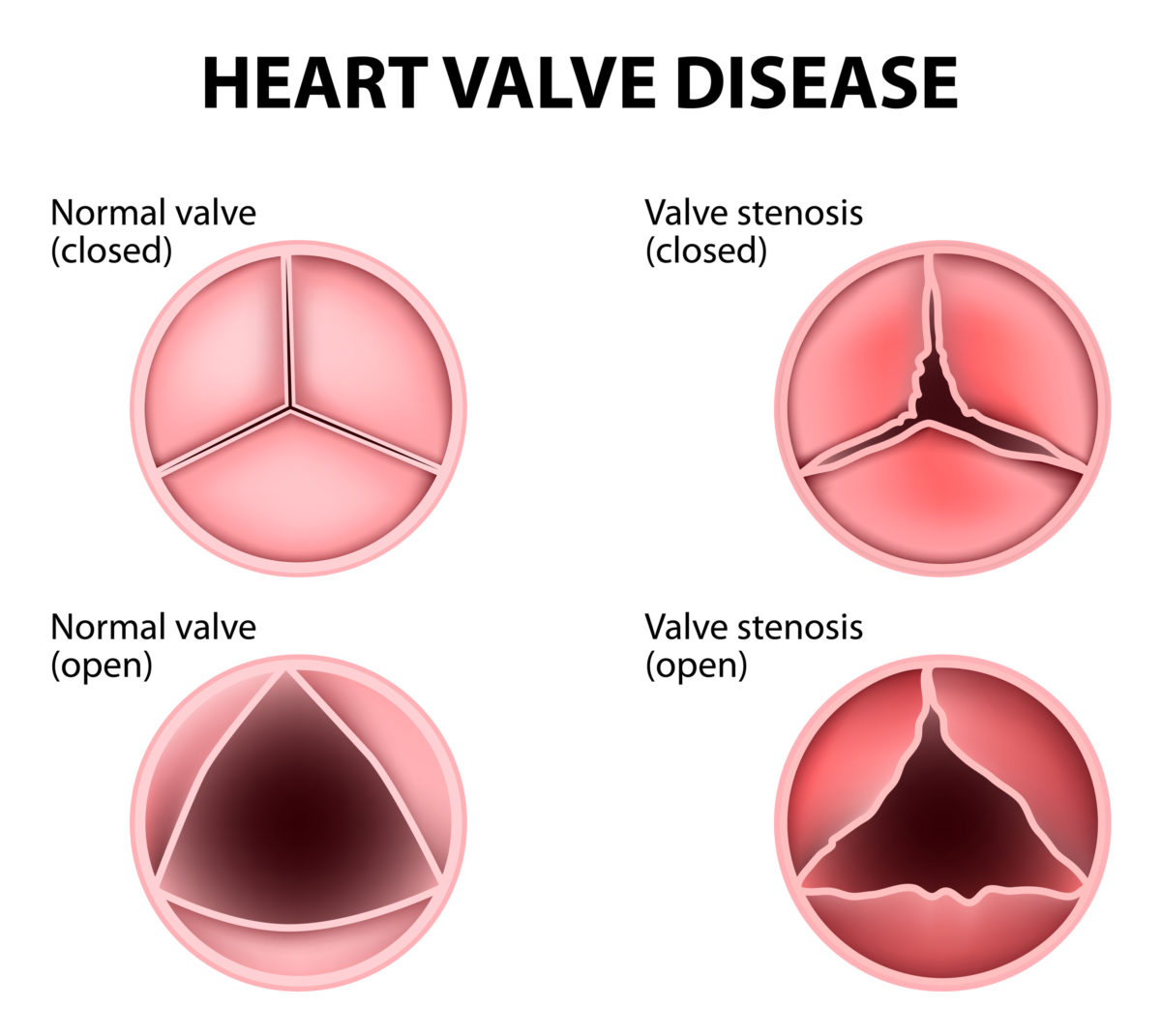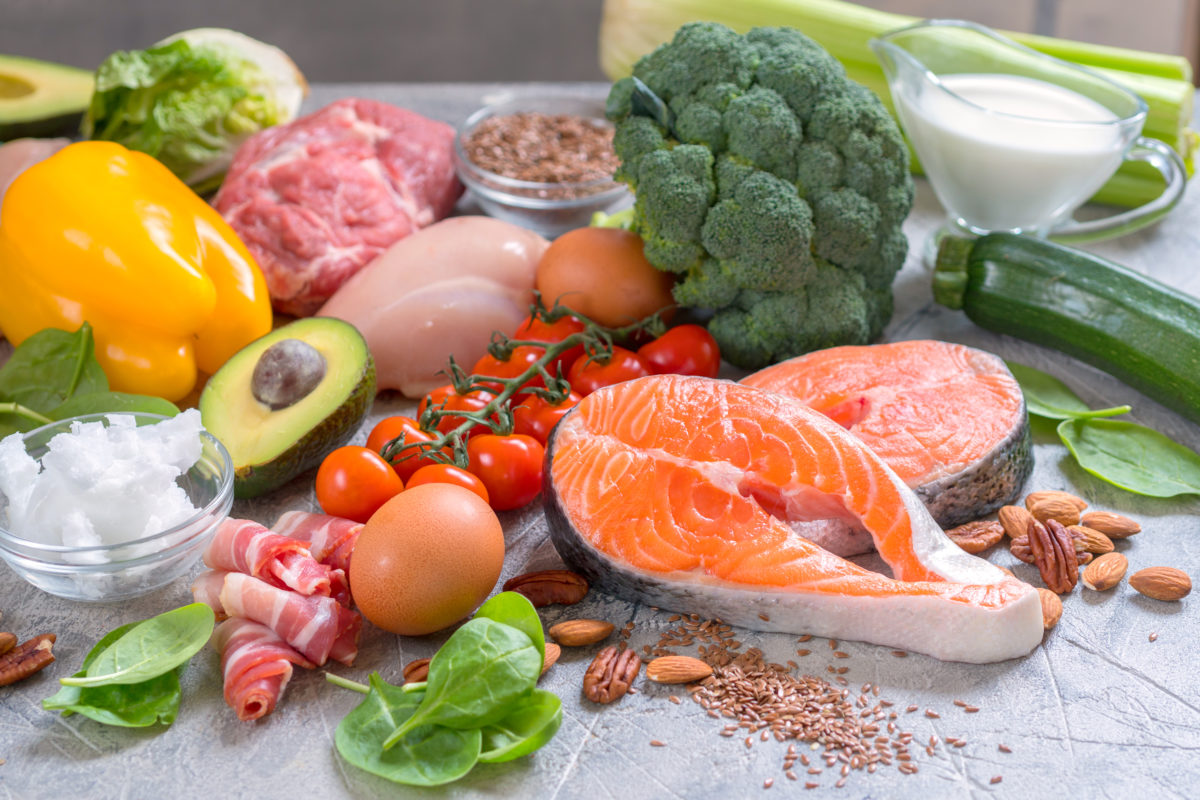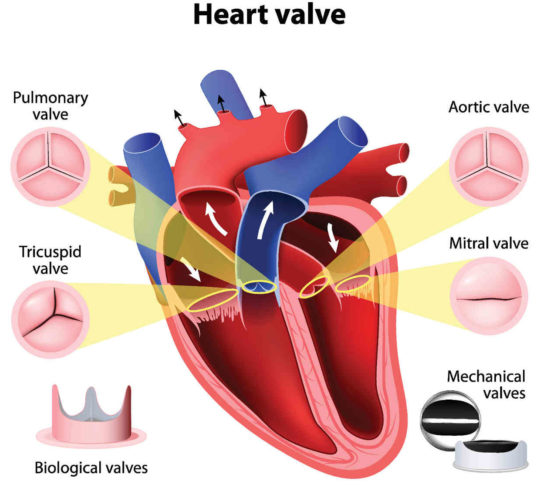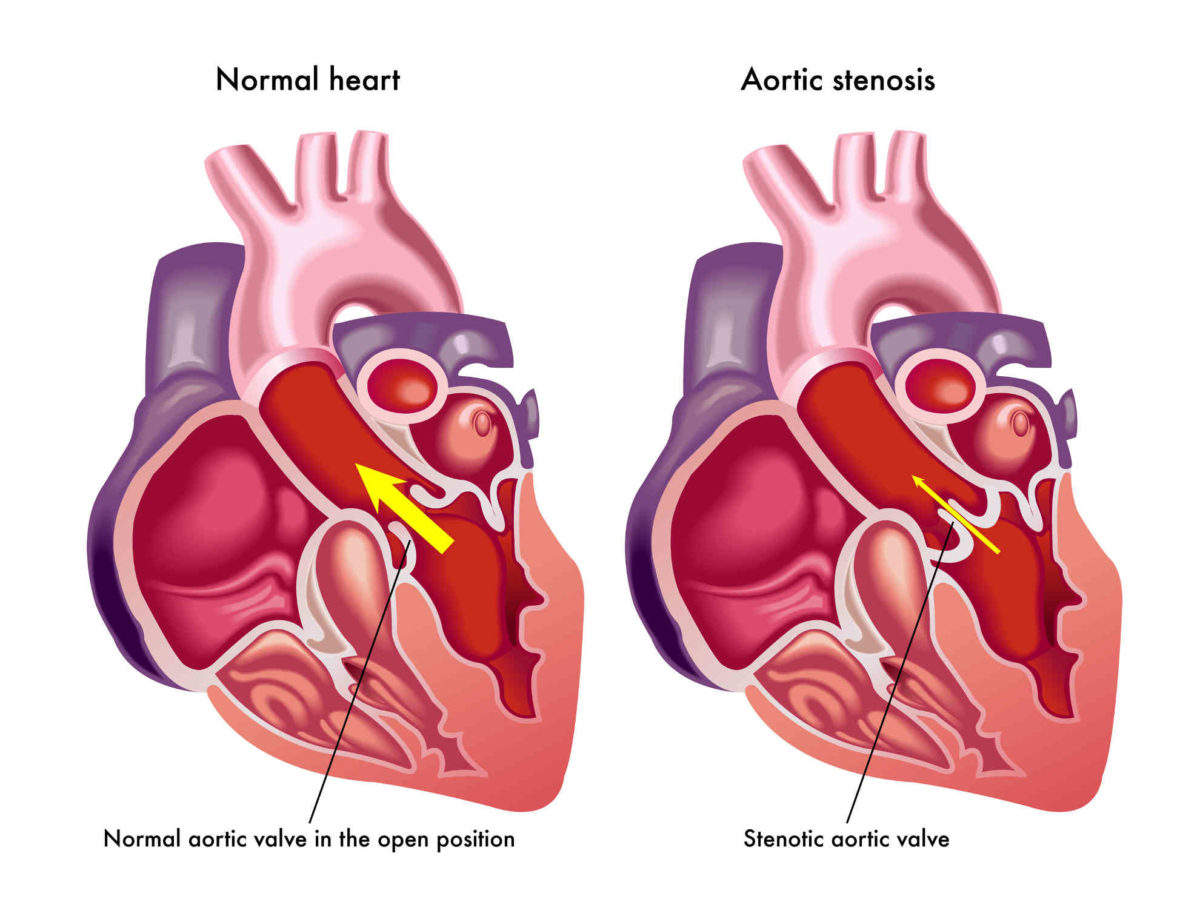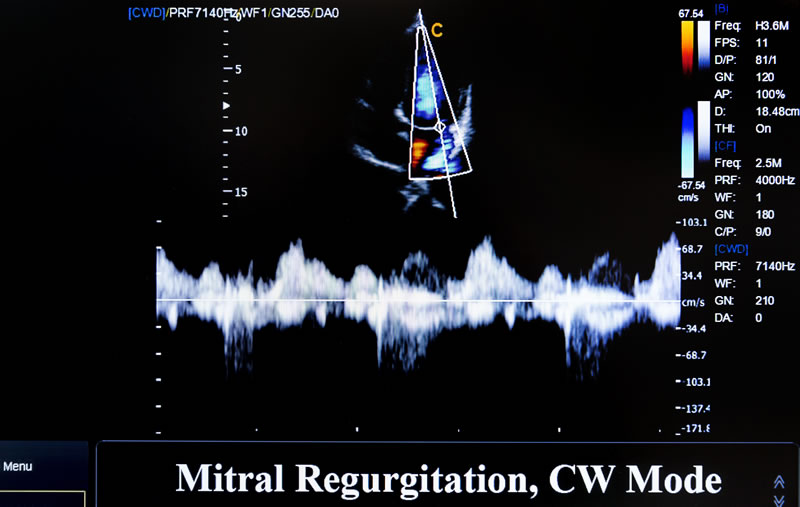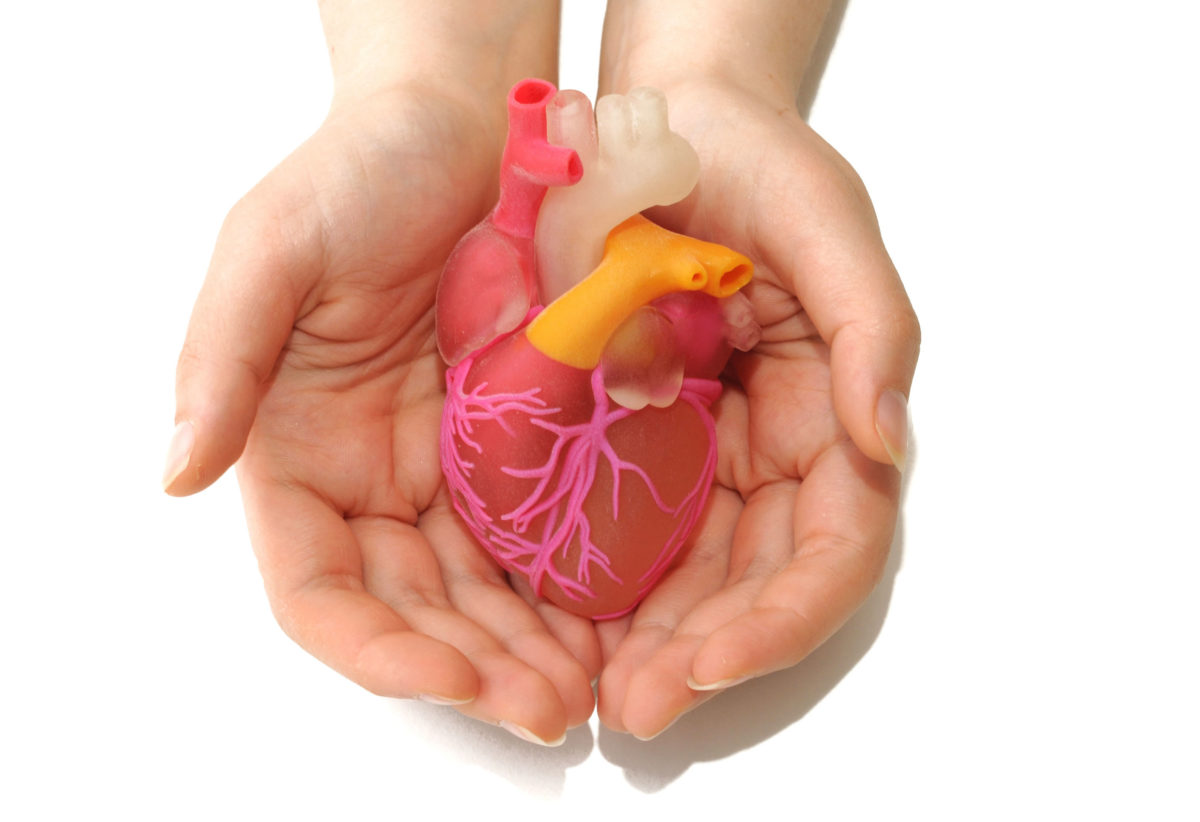You’ve probably heard and read a thousand times about the best diets or foods to eat to be heart healthy; however, do you know the foods it’s best for you to avoid? Nutrition is an extremely important aspect to focus on when currently living with heart disease. Food can either act like a medicine or a poison based on your choices. You want to stay as healthy as possible while living with this disease before treatment, during treatment, and after treatment.
When your heart isn’t functioning at its best, it’s best to stay clear of certain foods to remain as healthy as possible. Below are some foods you should think about limiting or avoiding if you’re currently suffering from heart disease.
Highly Processed/Refined Grains and Carbohydrates
Carbohydrates are great for your body; they supply the body with energy; however, when a carbohydrate is processed or refined, it loses most of its health benefits (fiber, fatty acids, vitamins and minerals). Processed foods usually come with added ingredients like sodium and trans fats. Some examples include: white bread, white rice, instant oatmeal, and some cereals.
Processed/Refined Sugars
Sugar, in moderation, won’t harm you, but if you consume enough of it, it can harm your heart by raising blood pressure and triglycerides. High dosages of sugar can be found in soda, some cereals, candy, baked goods, canned foods, and juice.
Certain Fats
Trans fats and saturated fats are not the “good” kind of fat. These types of fat can raise bad cholesterol and lower good cholesterol and contribute to clogged arteries. Foods known for their high trans fats and saturated fats include: fried food, margarine, doughnuts, biscuits, cakes, and pies.
High Sodium
Your body needs sodium. It helps keep your blood pressure in check, as well as maintain proper fluid levels in the body. If you consume too much sodium, your kidneys cannot process it all so the remaining sodium can elevate your blood pressure. Too much sodium can put a person at risk for heart failure, a heart attack, kidney failure or a stroke. Foods with high sodium include: canned soups, processed meats, fast food, salted nuts, canned vegetables, frozen meals.
Overall, it’s best to practice moderation in all things, especially in your diet if you are currently suffering from heart disease. One slice of pie at the holidays won’t harm you, but it’s best to avoid the above-mentioned foods with your heart in a fragile state.
If you’re in need of a great surgeon to perform mitral valve surgery or mini-AVR, Dr. Peter Mikhail is a cardiac surgeon in New Port Richey, Florida, who specializes in these surgeries. To book a consult or for more information, click here or call 727-312-4844.


